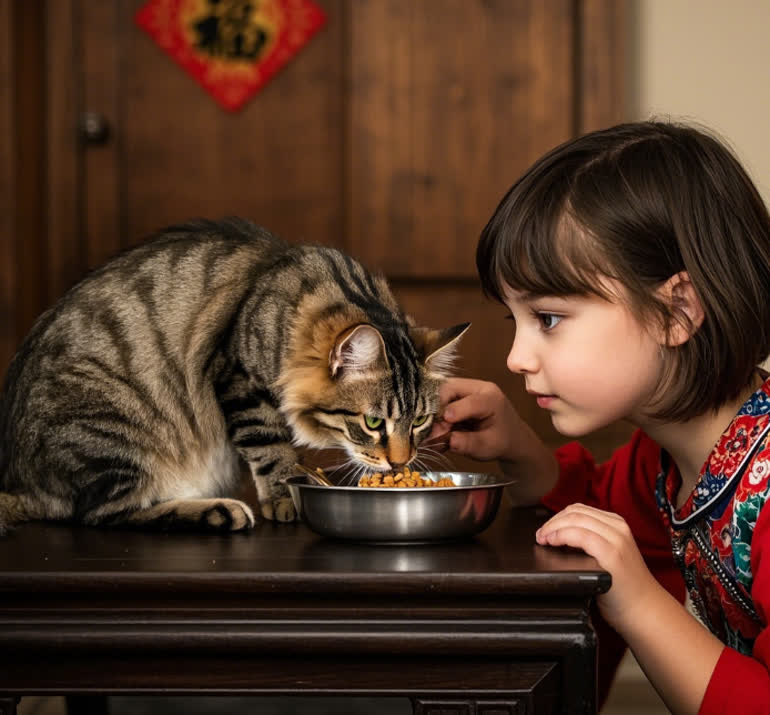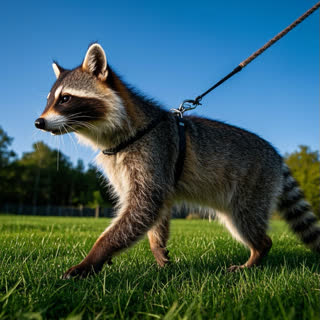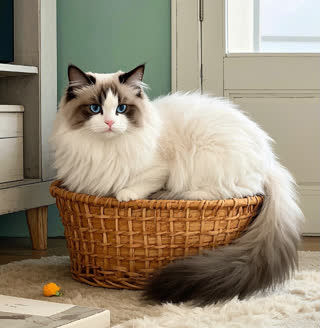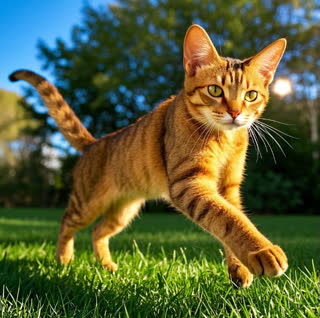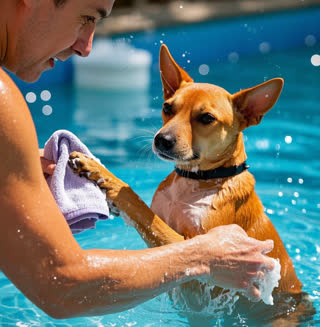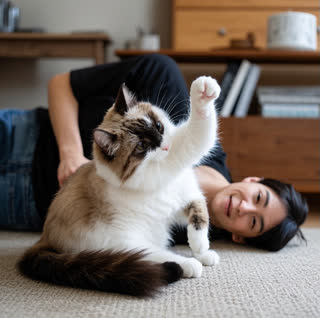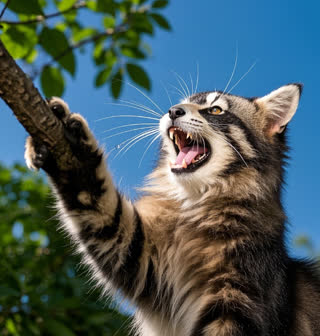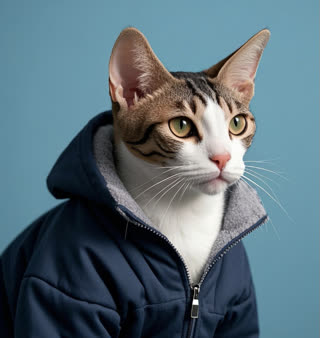The Maine Coon cat is a majestic and beloved member of the long-haired cat breeds, celebrated for its playful personality, striking appearance, and adaptability to family life. Known as "Gentle Giants" for their large size and affectionate nature, Maine Coons require specialized care to thrive. Whether you’re a new owner or considering adopting one of these charismatic felines, this guide covers essential grooming routines, dietary needs, health concerns, and cost considerations—helping you provide the best care for your Maine Coon.
Why Maine Coon Personality Traits Make Them Ideal Companions
Maine Coons are renowned for their Maine Coon personality traits, which include intelligence, sociability, and a dog-like loyalty. These cats enjoy interactive play, thrive in family environments, and adapt well to households with children or other pets.
Key traits to highlight:
Curiosity: They love exploring and "helping" with daily chores.
Affectionate Nature: Unlike aloof breeds, Maine Coons seek companionship and often greet owners at the door.
Vocal Communication: They use chirps and trills to "talk" to their humans.
Their gentle demeanor and playful energy make them perfect for families, but their long-haired cat breed status demands dedicated grooming and health care.
How to Groom a Maine Coon Cat: A Step-by-Step Guide
Maine Coons have dense, water-resistant fur that requires regular maintenance to prevent mats and tangles.
Essential grooming tools:
Stainless steel comb
Slicker brush
Pet-safe shampoo
Weekly routine:
Brushing: Focus on the belly, chest, and hindquarters, where mats commonly form.
Ear Cleaning: Use a vet-approved solution to prevent wax buildup.
Nail Trimming: Trim every 2–3 weeks to avoid overgrowth.
Pro tip: Reward your cat with treats during grooming to create positive associations.
Maine Coon Cat Price Range by State: What to Expect
The Maine Coon cat price range by state varies based on breeder reputation, lineage, and location. On average, kittens cost 3,000–6,000 in the U.S., with prices higher in regions with fewer reputable breeders.
State-specific examples:
Florida: Breeders like Karmacoons charge $5,500+ for kittens with TICA certification.
Texas: Prices range from 4,000–7,000 due to high demand for show-quality cats.
Maine: Local breeders may offer discounts for "retired" adult cats (1,500–2,500).
Always verify health screenings (e.g., HCM testing) and avoid "cheap" kittens, which often come from unethical sources.
Best Food for Maine Coon Kittens: Nutrition Essentials
Maine Coon kittens grow rapidly and need high-protein diets to support their muscle development and energy levels.
Dietary recommendations:
Protein Sources: Look for chicken, turkey, or salmon as the first ingredient.
Healthy Fats: Omega-3 fatty acids promote coat health (common in fish-based formulas).
Avoid Fillers: Skip foods with corn, wheat, or artificial preservatives.
Top brands like Royal Canin Maine Coon and Hill’s Science Diet offer breed-specific formulas tailored to their needs.
Maine Coon Cat Health Problems and Solutions
Despite their hardy reputation, Maine Coons are prone to certain genetic and size-related health issues:
Hypertrophic Cardiomyopathy (HCM): A heart condition affecting 30% of Maine Coons. Regular echocardiograms are critical for early detection.
Hip Dysplasia: Common in large breeds. Maintain a healthy weight and provide joint supplements like glucosamine.
Dental Disease: Brush their teeth weekly and offer dental treats to reduce plaque.
Reputable breeders like Sassy Koonz provide 7-year health guarantees, emphasizing their commitment to genetic testing.
Adopting vs Buying a Maine Coon Cat: Pros and Cons
Adoption:
Cost: 200–800 through shelters or rescues.
Benefits: Saving a cat in need; adult Maine Coons often come pre-trained.
Drawbacks: Limited access to kittens or specific lineages.
Buying from a Breeder:
Cost: $3,000+ for kittens with pedigree papers.
Benefits: Health guarantees, early socialization, and breeder support.
Drawbacks: Long waitlists and higher upfront costs.
Organizations like the Maine Coon Cat Club can help you find ethical breeders or adoption resources.
Caring for a Maine Coon cat is a rewarding experience that requires attention to their unique grooming, dietary, and health needs. By investing in regular brushing, high-quality food, and preventative vet care, you’ll ensure your Gentle Giant thrives for years to come. Whether you adopt or purchase from a breeder, this loyal and affectionate long-haired cat breed will undoubtedly become a cherished member of your family.
